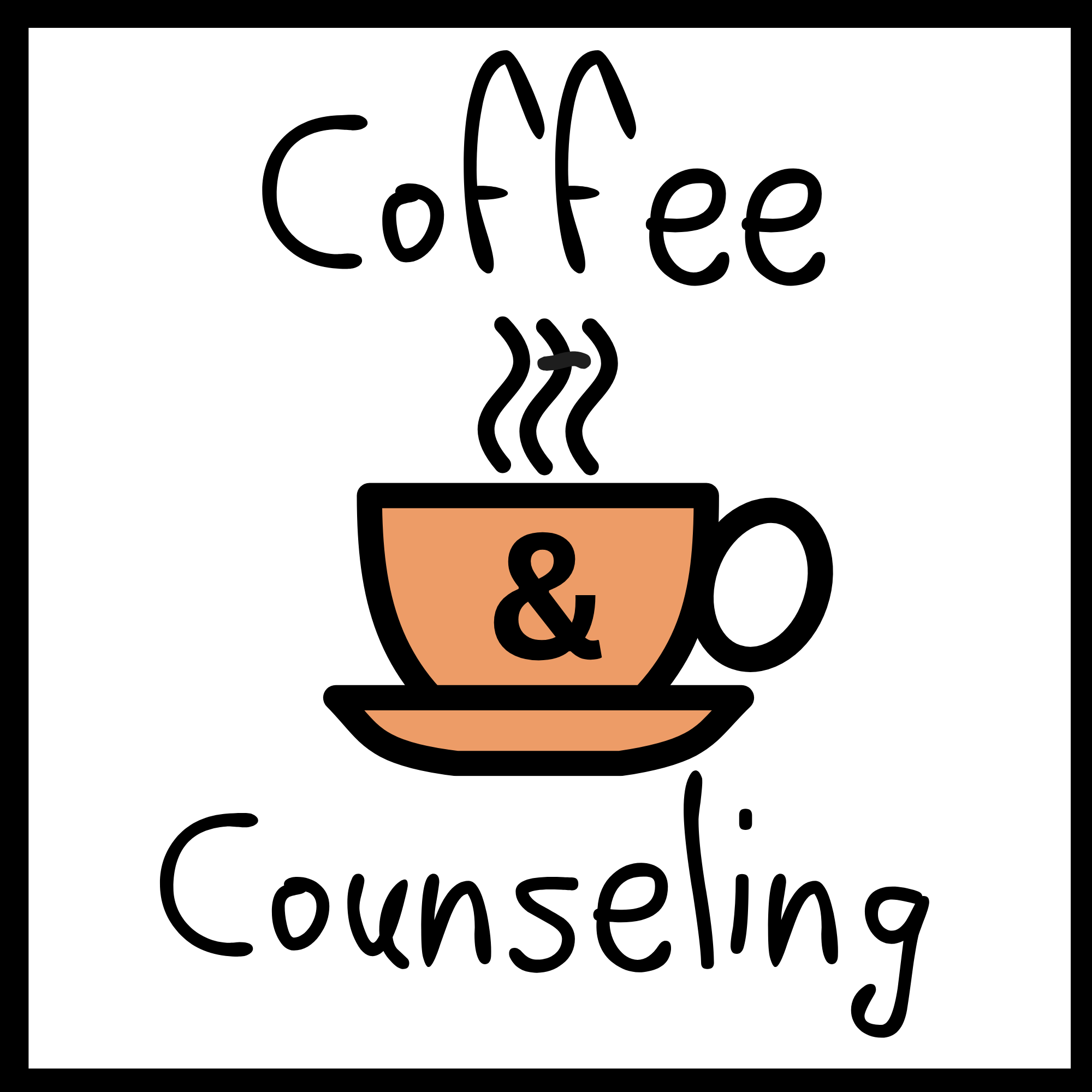First Steps to Safety - When Abuse Is in the Story
Episode 17 — First Steps to Safety: When Abuse Is in the Story
This episode offers a gentle map toward safety. We open by acknowledging how confusing abuse can feel (“crazy making”), then give clear next steps and a reminder to prioritize safety before any disclosure—that window is often the most dangerous. Psalm 9:9 says, “The LORD is a stronghold for the oppressed.” Proverbs 22:3 says, “The prudent sees danger and hides himself.” Genesis 16:13 says, “You are the God who sees me.”
Why safety may include separation: separation can protect the vulnerable and create space for the oppressor to pursue real repentance. 1 Corinthians 7:11 acknowledges separation without putting divorce in view here. Romans 13:4 says authorities can be God’s servant for our good, which is why reporting and protective measures can be wise. Change in an abuser, if it comes, takes time, accountability, and zeal (2 Corinthians 7:11 says godly grief bears clear fruit).
Personal appeal to the suffering: the business of abuse is crazy making—blame-flips, minimization, and fog. If you feel jumpy, isolated, or constantly second-guessing yourself, you’re not imagining it. The Lord sees and hears you. You are not alone.
Sip-Size Q&A
Question: “How can I tell if what I’m living in is abuse?”
Friend, if you’re suffering, hear me: the business of abuse is crazy making and designed to confuse. If you notice a creeping fog—anxiety, sleep trouble, headaches, walking on eggshells, checking their mood before you speak, feeling cut off from friends or money—pause with a safe person. One helpful tool is to take an assessment with a trusted friend or counselor:
Leslie Vernick assessment: https://leslievernick.com/the-emotionally-destructive-marriage/assessment/
Called to Peace warning-signs quiz: https://calledtopeace.org/warning-signs-quiz/
You can email your questions here: coffeecounselingblc@gmail.com
If you prefer, you can also leave us a voicemail here: https://www.speakpipe.com/CoffeeandCounseling
Counselor’s Corner
Talk to one safe person who will believe you and move at your pace.
Sketch a safety plan using Brad Hambrick’s guide: https://bradhambrick.com/safetyplan/
Think through danger cues, code words, a small go-bag (IDs, meds, keys, cash card, charger), tech safety, transportation and safe places, documenting incidents, and options with work/school and authorities. Revisit often.
Helpers (pastors, counselors, allies): honor agency; don’t outrun the victim; prioritize safety over reconciliation; no couples counseling while coercion/violence is active.
Get equipped: Becoming a Church That Cares Well for the Abused — https://churchcares.com/
Books: Is It Abuse? (Darby Strickland) — https://amzn.to/48svqZQ
Caring for Families Caught in Abuse (ed. Chris Moles) — https://amzn.to/4n61xC8
Don’t forget, at the Biblical Living Center, our team stand ready to serve you should you discern your need for a biblical counselor.
Subscribe to the podcast on Spotify HERE
Subscribe to the podcast on Apple HERE
Social Media Links:
Facebook: https://www.facebook.com/biblicallivingcenter
Instagram: https://www.instagram.com/biblical_living_center/

